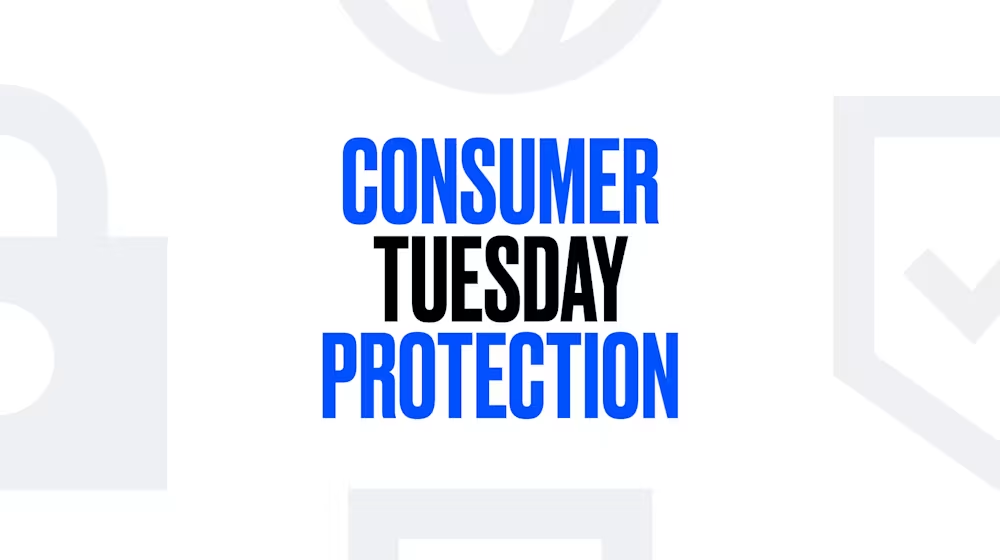
This post is part of a weekly Tuesday series at Coinbase about the latest consumer protection and security measures for crypto owners.
At Coinbase, we’re on a mission to help update the financial system to make it safer and more secure. While only 0.14% of blockchain transactions are used for illicit activity, and cash remains the preferred medium for illegal transactions, crypto security is always a top priority. Coinbase maintains a robust compliance program, which includes Know Your Customer (KYC) checks, sanctions screenings, suspicious activity reporting, and strong law enforcement partnerships to detect and prevent illicit activity on our platform.
Scams Have Gone Corporate
Imagine if the same business model behind streaming platforms or design software subscriptions were applied to fraud. That’s essentially what’s happening with Fraud-as-a-Service.
Instead of one person learning to code a phishing site or impersonate a bank rep, they now simply pay to subscribe to a turnkey scam toolkit—complete with fake websites, stolen identity databases, and even AI-generated voice assistants.
The result? Scams are becoming easier to launch, more convincing, and harder to stop.
What Is Fraud-as-a-Service?
Fraud-as-a-Service is a growing black market industry where experienced cybercriminals sell tools to others—many with zero technical experience—who want to carry out online fraud. Here’s what’s typically included:
Ready-Made Fraud Kits
These include phishing websites, fraudulent crypto platforms, investment scam scripts, or spoofed tech support portals—customized for different targets.
Watch out for polished fake websites or platforms that ask for personal or crypto wallet info. Even experts get fooled.
Built-In AI and Automation
Modern kits often include AI-generated chat scripts, fake customer service bots, and even deepfake video or audio to impersonate loved ones or officials.
If something feels off, it might be synthetic. AI impersonation is now a major scam tactic.
“Support” for Scammers
That’s right—some services offer tutorials, live support, and performance dashboards for would-be fraudsters. The entire system is designed for scalability and profitability.
Online fraud has become a franchise business. Just like software startups, these scams are optimized for growth.
Why This Model Is So Dangerous
Here’s how Fraud-as-a-Service is changing the threat landscape:
Victims are being tricked into transferring thousands of dollars through Bitcoin ATMs, fake investment apps, or “urgent” wire transfers.
Real-World Red Flags to Watch
Fraud-as-a-Service often powers the following real-world fraud tactics:
Reminder: U.S. government agencies and legitimate businesses will never ask you to send money via crypto, gift card, or cash deposit.
Stay Safe: What You Can Do Right Now
Here are 5 immediate ways to stay protected:
The Best Defense Is Awareness
Fraud-as-a-Service may be making scams faster, cheaper, and more convincing—but that doesn’t mean we’re powerless.
At Coinbase, we continue to invest in the latest fraud detection systems, educational tools, and strategic partnerships to help detect and block illicit activity. Together, we can stay ahead of evolving threats and build a safer future for everyone in crypto.
If something doesn’t feel right, talk to someone you trust. And when in doubt, pause before you pay.



